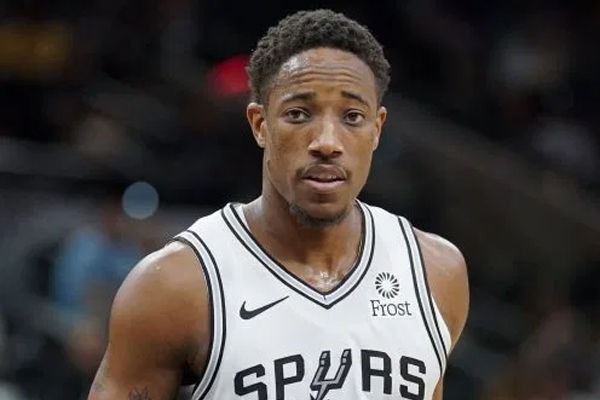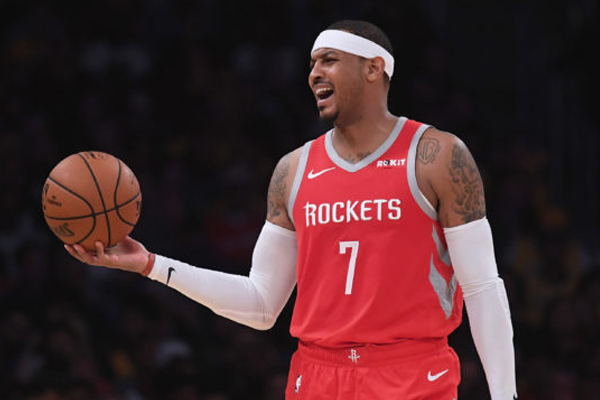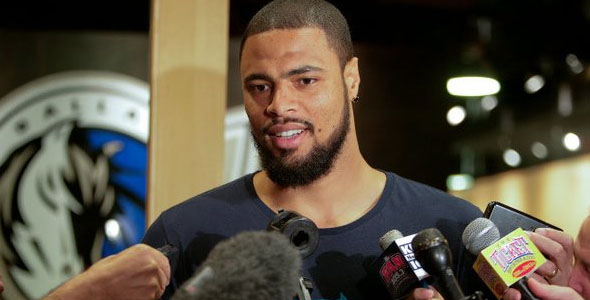
The Chicago Bulls are hella lucky star restricted free agents never leave. And they’re infinitely more lucky that the NBA’s new collective bargaining agreement which makes it more financially rewarding for them to stay beyond that second deal.
Case in point: Whatever the actual hell happened when the Bulls tried to get Jimmy Butler to sign an extension in 2014.
ESPN’s Ryan Russillo appeared on Mike and Mike Wednesday and relayed the tale:
[tweet https://twitter.com/AldoSoto21/status/826572684263825409]
The folks over at RealGM transcribed the anecdote, so here is the gist of it for those who don’t have time to listen:
“Jimmy Butler after his third year, scored about 13 points a game,” said Russillo. “He’s going to hit, right? Wow. What a great draft pick. This front office has donn a good job here, but he’s not a star, so as a restricted free agent we’ll offer you an extension. They offered him four years about $44 million, in the forties, pretty good money.
…
“And then Klay Thompson gets four for $70 million. And if you remember, at the time, people were going ‘man, you have to max Klay Thompson?’ Because Klay Thompson then, is not who Klay Thompson is today.
“So Butler’s like ‘I’m going to get my money.’
“And the way I was told the story is that it wasn’t the coaching staff, it was someone in the front office went to Jimmy Butler and said ‘if you don’t sign this extension, we’re going to play Tony Snell over you. We are going to give you his minutes and that’s going to drop your minutes and numbers down.’
Oh, Bulls.
Then-head coach Tom Thibodeau didn’t follow through on Chicago’s threat, and Butler went on to have a career year in 2014-15, after which he signed a five-year, $90 million deal. It’s ridiculous that the Bulls went to such shady lengths to get him locked up before the season—like, truly absurd.
You can’t fault teams for wanting to hammer out preseason extensions. They can sometimes come below market value, because you’re paying the player for who he already is with the expectation he’ll get better. If the two sides can’t find common ground, though, there’s no reason to, you know, high-key threaten the player in question.
Butler is one heck of a star and worth every penny of his $90 million pact. And when you consider where the salary cap is at now, the Bulls got a bargain anyway—even though, it seems, they don’t deserve one.




















